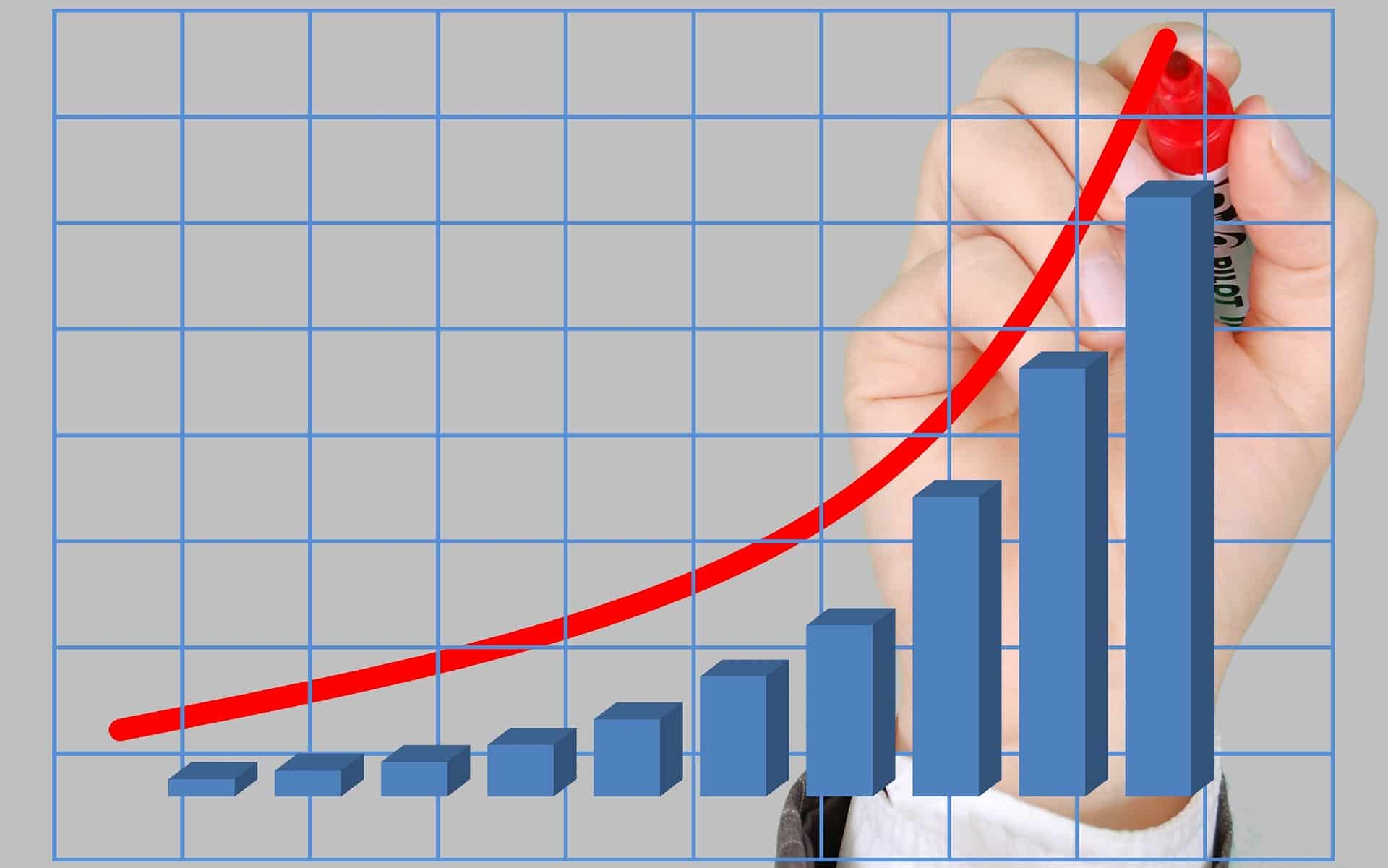Disruptions in crop production following Russia’s invasion of Ukraine is projected to elevate carbon emissions and food prices throughout the world, according to a new study by Indiana University, Purdue University Indianapolis (IUPUI).
Researchers utilized economic stimulation models to anticipate the short and long-term impacts of the invasion on climate change, prices of crops and food shortages, explained a release.
Earlier this year in July, an assessment by Wageningen University predicted a 20% increase in energy prices and a 25% drop in exports from Russia due to trade restrictions and raised trade costs.
IUPUI’s study yielded similar results, finding that the invasion’s effect on Ukrainian and Russian crop production and exports will continue to elevate food prices and food insecurity across the globe, yet not as much as initially believed.
Since the invasion, other countries have increased their production, recouping some of the losses. Researchers estimate an increase in corn prices up to 4.6%, with wheat prices climbing up to 7.2%. The team also predicted prices for crops including barley, rice, soybeans, wheat and sunflower to increase.
“There was a lot of worry about food insecurity globally when the war first started in Ukraine,” said Jerome Dumortier, associate professor at IUPUI in the O’Neill School of Public and Environmental Affairs. “Our research shows while this will continue to impact the global supply chain, the effects on food shortages won’t be as bad as we initially thought. Much of that is because other countries have started to produce those crops and exports to make up for what Ukraine has not been sending out.”
Despite the positive impacts of increased production, the gap will negatively affect the global climate, according to Dumortier. Countries like Brazil might rid land of vegetation to produce more crops and compensate for the slowed production and exports.
Researchers found that Brazil is expanding its corn production to make up for reduced Ukrainian corn exports. As other countries make changes in land usage, carbon emissions will increase and contribute to increased deforestation, impacting the environment greatly.
“The Russia-Ukraine grain agreement over the summer was a positive development, but the situation in Ukraine is uncertain,” said Dumortier. “We suggest governments consider policies that help vulnerable populations, like domestic food subsidies and the reduction or elimination of trade restrictions. The effect of future climate change could also be mitigated by unrestricted trade, which could allow a shift of comparative advantage across countries.”
Read More:
The War in Ukraine and the Consequences for Food Security
The Devastation of Ukraine’s Yuriev Plant Production Institute
USDA and Ukraine Join Forces to Combat Global Food Insecurity













